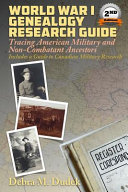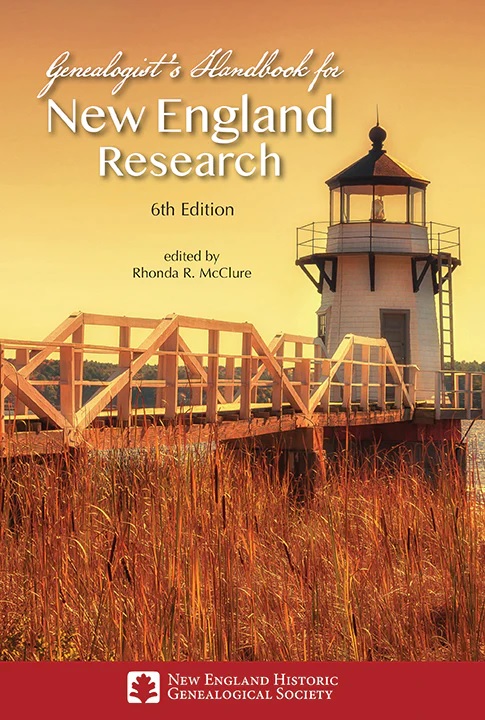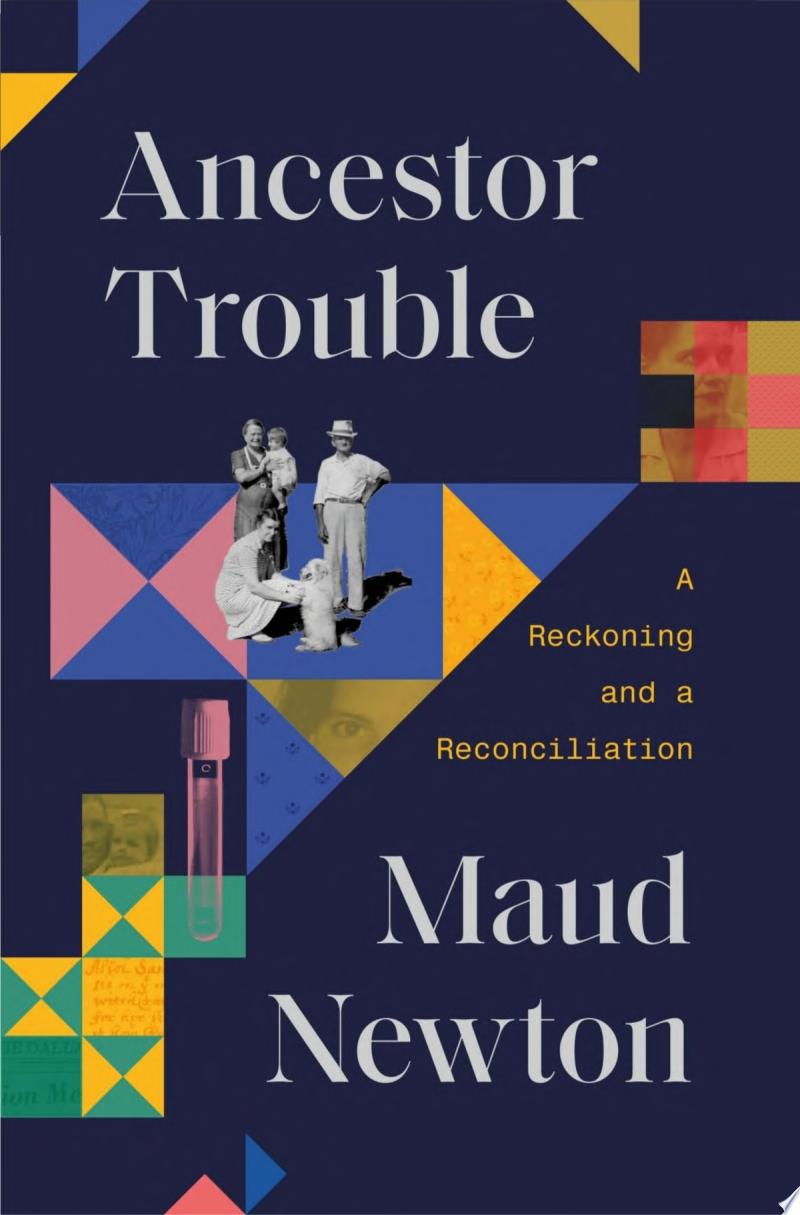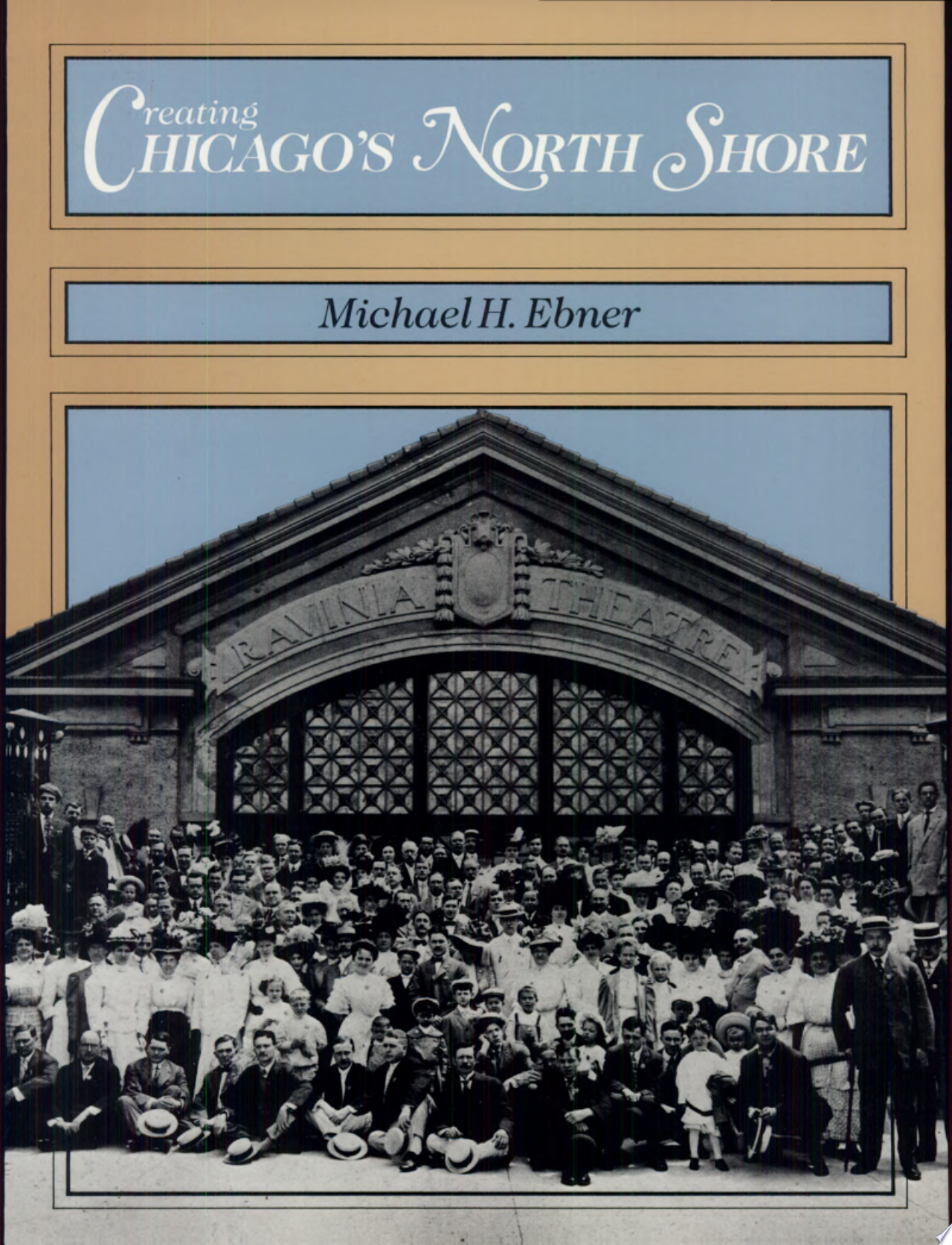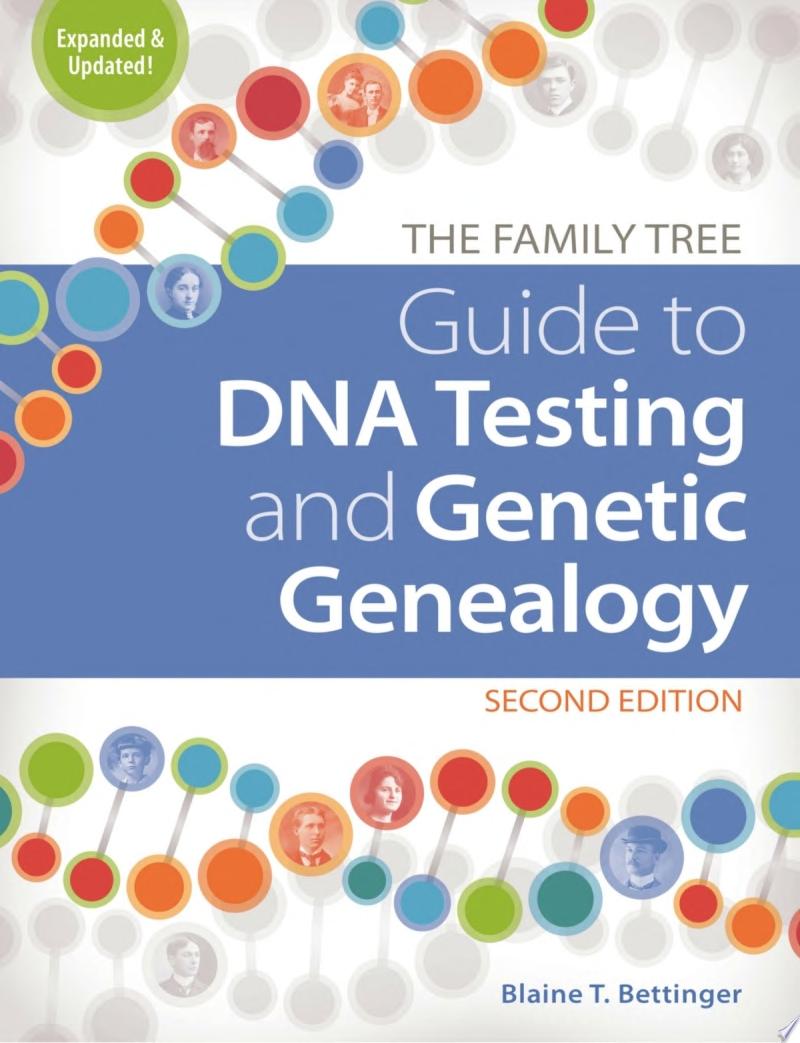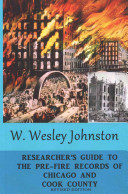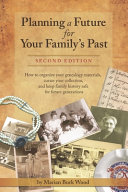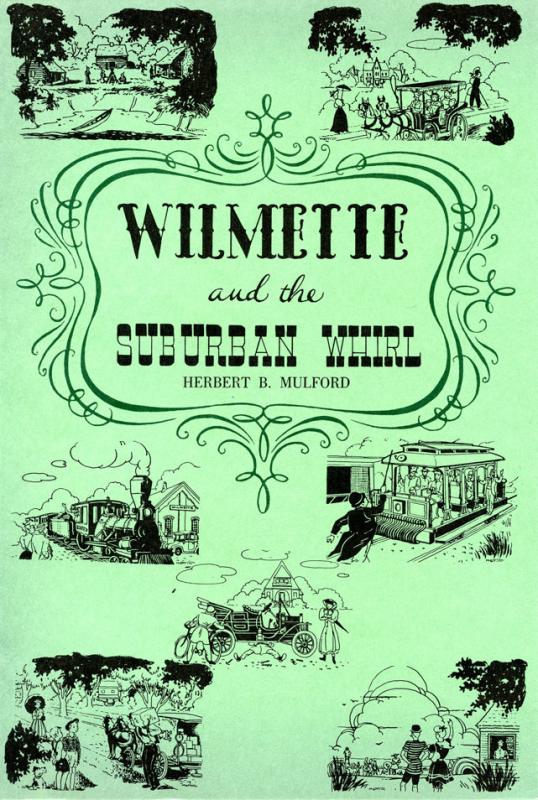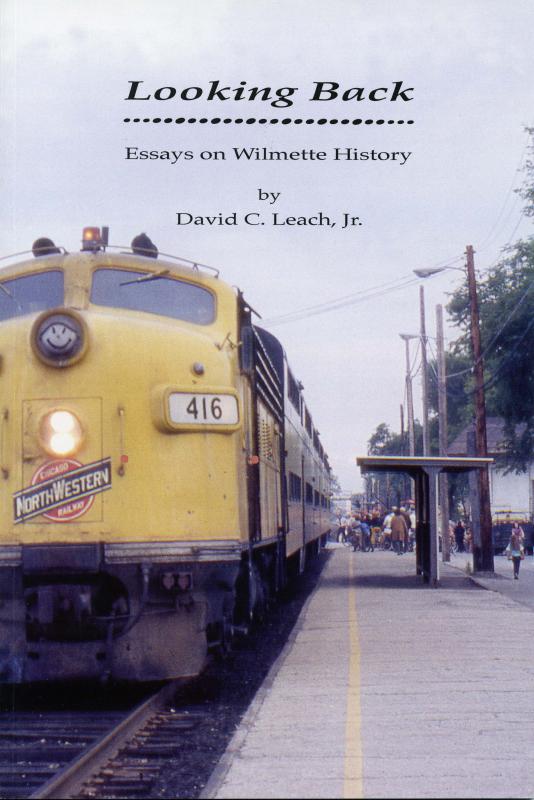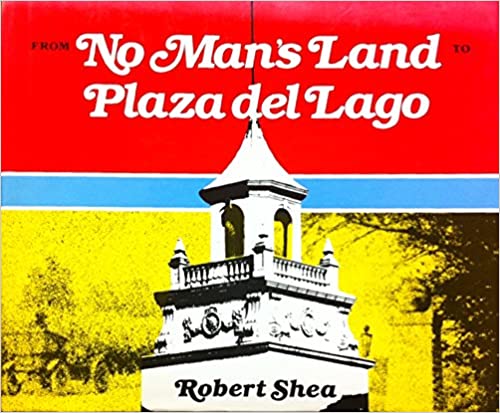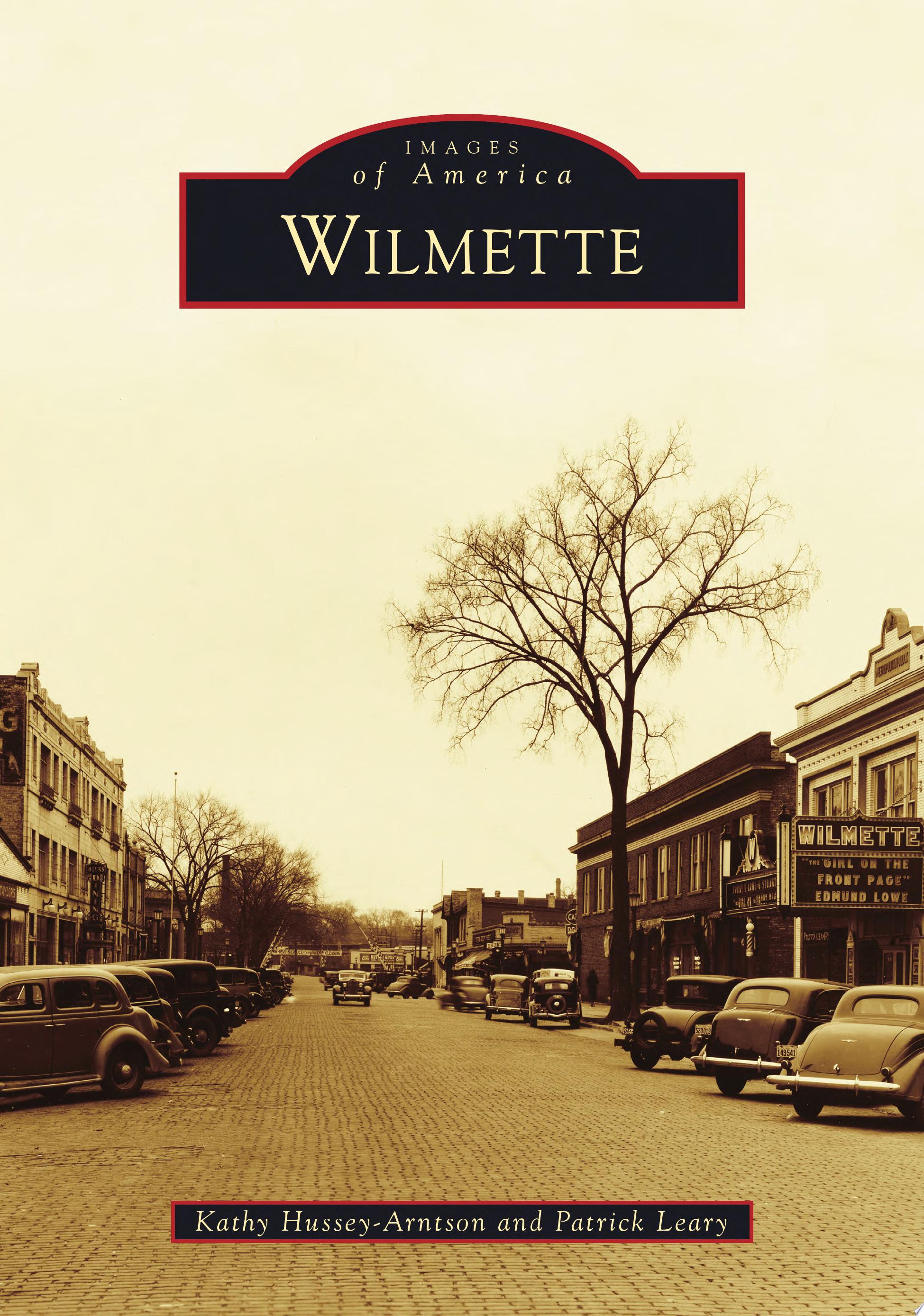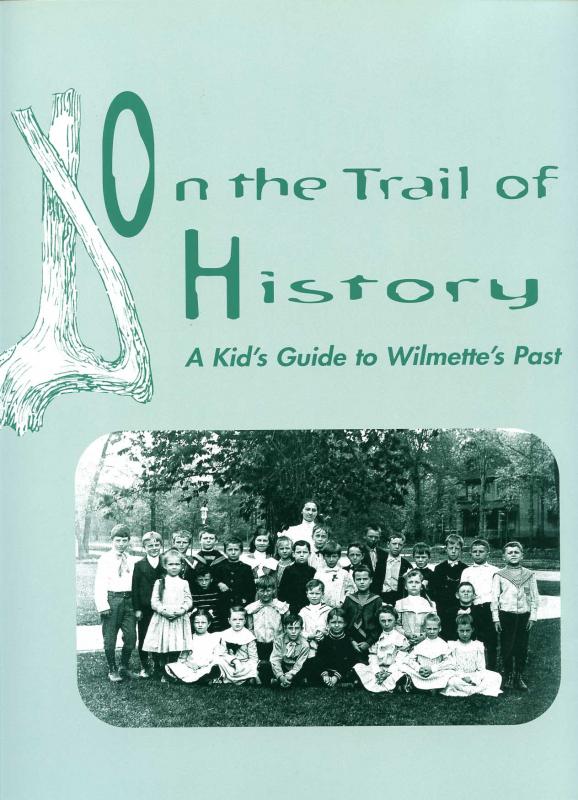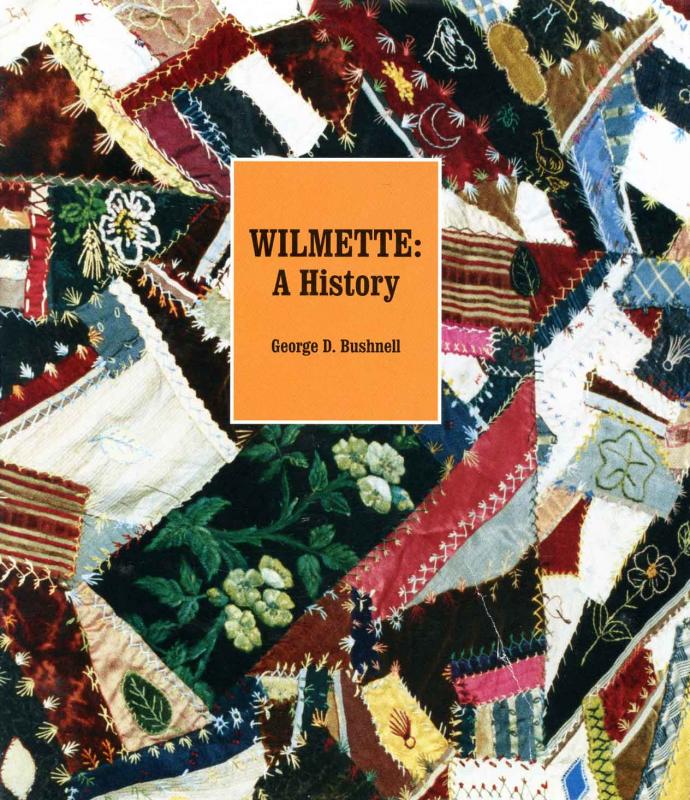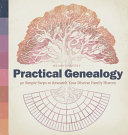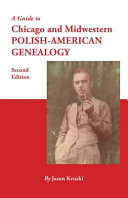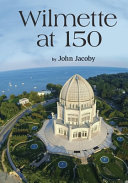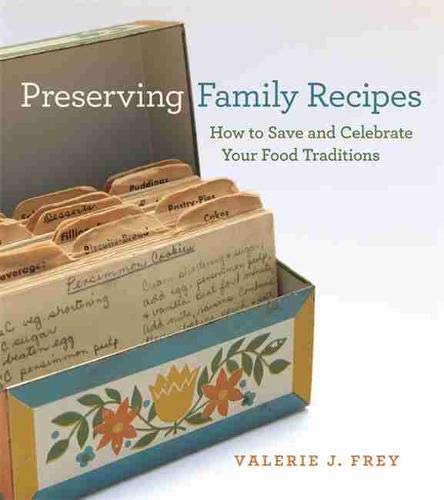World War I Genealogy Research Guide
Debra M. Dudek
Gathering information on your World War I ancestors is easier than you think! This guide outlines a straightforward strategy to find military service information from a variety of online resources and physical depositories. Special topics include women's records, a state specific resource guide, naturalization records, alien registration files, and a quick guide to Canadian military World War I resources!
2nd edition, newly expanded!
Genealogist's Handbook for New England Research
Rhonda R. McClure
"This new full-color edition is an extensive update of an indispensable resource for those researching in Connecticut, Maine, Massachusetts, New Hampshire, Rhode Island, and Vermont. Research basics, unique resources, repository locations, and extensive county and town information (maps, dates established, parent counties, parent and daughter towns, other names, and more) are now uniformly presented for each state. This user-friendly redesign also restores useful information from the 4th edition such as earlier probate districts in Connecticut."
Ancestor Trouble
Maud Newton
“Extraordinary and wide-ranging . . . a literary feat that simultaneously builds and excavates identity.”—The New York Times Book Review (Editors’ Choice)
Roxane Gay’s Audacious Book Club Pick • An acclaimed writer goes searching for the truth about her wildly unconventional Southern family—and finds that our obsession with ancestors opens up new ways of seeing ourselves—in this “brilliant mix of personal memoir and cultural observation” (The Boston Globe).
Maud Newton’s ancestors have vexed and fascinated her since she was a girl. Her mother’s father, who came of age in Texas during the Great Depression, was said to have married thirteen times and been shot by one of his wives. Her mother’s grandfather killed a man with a hay hook and died in an institution. Mental illness and religious fanaticism percolated through Maud’s maternal lines back to an ancestor accused of being a witch in Puritan-era Massachusetts. Maud’s father, an aerospace engineer turned lawyer, was an educated man who extolled the virtues of slavery and obsessed over the “purity” of his family bloodline, which he traced back to the Revolutionary War. He tried in vain to control Maud’s mother, a whirlwind of charisma and passion given to feverish projects: thirty rescue cats, and a church in the family’s living room where she performed exorcisms.
Her parents’ divorce, when it came, was a relief. Still, her position at the intersection of her family bloodlines inspired in Newton inspired an anxiety that she could not shake, a fear that she would replicate their damage. She saw similar anxieties in the lives of friends, in the works of writers and artists she admired. As obsessive in her own way as her parents, Newton researched her genealogy—her grandfather’s marriages, the accused witch, her ancestors’ roles in slavery and genocide—and sought family secrets through her DNA. But immersed in census archives and cousin matches, she yearned for deeper truths. Her journey took her into the realms of genetics, epigenetics, and the debates over intergenerational trauma. She mulled over modernity’s dismissal of ancestors along with psychoanalytic and spiritual traditions that center them.
Searching, moving, and inspiring, Ancestor Trouble is one writer’s attempt to use genealogy—a once-niche hobby that has grown into a multi-billion-dollar industry—to expose the secrets and contradictions of her own ancestors, and to argue for the transformational possibilities that reckoning with our ancestors offers all of us.
Ouilmette : life in 1847.
Special 75th anniversary supplement issue of the Wilmette Life, published in 1947, covering the history of the village of Wilmette from its earliest settlement to 1947.
Antoine Ouilmette : a resident of Chicago A. D. 1790-1826
Grover, Frank R.
Antoine Ouilmette : a resident of Chicago A. D. 1790-1826 : the first settler of Evanston and Wilmette (1826-1838) with a brief history of his family and the Ouilmette reservation
Creating Chicago's North Shore
Michael H. Ebner
They are the suburban jewels that crown one of the world's premier cities. Evanston, Wilmette, Kenilworth, Winnetka, Glencoe, Highland Park, Lake Forest, Lake Bluff: together, they comprise the North Shore of Chicago, a social registry of eight communities that serve as a genteel enclave of affluence, culture, and high society. Historian Michael H. Ebner explains the origins and evolution of the North Shore as a distinctive region. At the same time, he tells the paradoxical story of how these suburbs, with their common heritage, mutual values, and shared aspirations, still preserve their distinctly separate identities. Embedded in this history are important lessons about the uneasy development of the American metropolis.
The Family Tree Guide to DNA Testing and Genetic Genealogy
Blaine T. Bettinger
Unlock the family secrets in your DNA! Discover the answers to your family history mysteries using the most cutting edge tool available. This plain-English guide (newly updated and expanded to include the latest DNA developments) will teach you what DNA tests are available; the pros and cons of the major testing companies; and how to choose the right test to answer your specific genealogy questions. And once you've taken a DNA test, this guide will help you use your often-overwhelming results, with tips for understanding ethnicity estimates, navigating suggested cousin matches, and using third-party tools like GEDmatch to further analyze your data.
Researcher's Guide to the Pre-fire Records of Chicago and Cook County
W. Wesley Johnston
The Great Chicago Fire of 1871 destroyed the courthouse and city hall and most of the records. But many records survived or were later able to be legally proven. In 1938, the Work Projects Administration's Historical Records Survey inventoried Cook County and Chicago records. But the inventory went unpublished when the WPA ended, and the records languished in the Illinois State Archives. Wesley Johnston spent 2 years going through the records and 4 more to publish them in 1982. Now he has updated his 1982 book.
Planning a Future for Your Family's Past
Marian Burk Wood
Keep your family's history safe for the future! Old photos, ancestor stories, genealogical documents, and heirlooms reflect your family's past--and they should be safeguarded for tomorrow's descendants and researchers. Even if you have no obvious heirs for your genealogy collection, you can take steps today to protect and share information and items from your family history.
Follow the step-by-step PASS process outlined in this book: Prepare by organizing/analyzing your materials, Allocate ownership by curating your collection, Set up a genealogical "will" to designate heirs, and Share family history now. Includes sample forms, online resources, and practical advice for keeping genealogy safe, with future generations and future researchers in mind.
Wilmette and the suburban whirl
Herbert Mulford
A series of historical essays on the village, originally printed in the Wilmette Life in the 1950s. This book is also available online through the Library's Local History Digital Collection.
Looking Back: Essays on Wilmette History
David Clark Leach (Jr.)
From the evolution of street lighting to the railroad crossing controversy to the making of Wilmette Harbor, Dave Leach enthusiastically explored fascinating nooks and crannies of Wilmette history in his essays in the Village newsletter. This volume collects a generous helping of favorites, illustrated with photos from the Wilmette Historical Museum’s collection.
From No Man's Land to Plaza Del Lago
Robert Shea
This book by Robert Shea tells about the dispute over No Man's Land, Illinois, an unincorporated strip of land in between Wilmette and Kenilworth, Illinois. The title refers to Plaza del Lago shopping center, which had been created as a revitalization of the former 'Spanish Court' shopping center during the area's rejuvenation.
Wilmette
Kathy L. Hussey-Arntson
Wilmette is best known for its tree-lined, brick-paved streets, nice homes, and lovely lakefront. Yet a peek beneath this placid suburban surface reveals a surprisingly lively history, ranging from the early years of hardscrabble farms carved out of dense forest to decades of conflict with German-speaking tavern owners in the culturally distinctive village of Gross Point. "No Man's Land" along Sheridan Road once sported a dazzling movie palace and a Jazz Age nightclub, along with hot dog stands, beach clubs, and speakeasies that defied Wilmette's buttoned-down reputation. The huge engineering effort to reverse the flow of the Chicago River bestowed on the village a cozy harbor and a busy lakefront park, both soon dominated by the massively incongruous but serenely beautiful Baha'i Temple. Hometown to such diverse figures as Charlton Heston, Ann-Margret, Bill Murray, Pete Wentz, and Rahm Emanuel, Wilmette has long been a fine place to grow up, as well as a bustling, civic-minded community with more than its share of surprises.
On the trail of history : a kid's guide to Wilmette's past
Kathy L. Hussey-Arntson
A history of Wilmette for young readers. Lively narrative, imaginative layout, "fun facts," and over 50 photographs, drawings and maps.
Wilmette: a history
George D. Bushnell
History of the town of Wilmette, Illinois from the first settlement by the Ouilmette family, to the year of America's bicentennial in 1976. With many photos, maps, drawings, newspaper clippings.
Practical Genealogy
Brian Sheffey
Uncover facts and mysteries of your ancestors--a clear approach to genealogy
The pursuit of family history tends to be shaped by several motives, including finding a larger familial historical picture, preserving the past for future generations, and storytelling. Practical Genealogy provides a method for investigating your family history by establishing an understanding of genealogy and the factors, tasks, and obstacles involved in the research. The end goal: find the information necessary to piece together your heritage.
Follow 50 steps that will fill in the puzzle of your lineage. Learn how to perform your own investigation through the lens of real-world obstacles like tracing ancestry through adoptions and orphanages. Practical Genealogy simplifies and breaks down the complex research process into actionable tips that can be conducted over a period of time. And most importantly, no blood test is necessary.
Inside Practical Genealogy you'll find:
- Break through barriers--Learn how to negotiate common "brick wall" issues like missing chunks of family history or multiple names found for the same person.
- Case studies--Examples of actual genealogy research are provided to support the comprehension of each step of your exploration.
- See the BIG picture--Large fonts and easy-to-read images make learning easy for older adults.
When you take genealogy research into your own hands, your potential for discovery is limitless.
A Guide to Chicago and Midwestern Polish-American Genealogy
Jason Kruski
Chicago has been the historic stronghold of Polish-Americans. Poles came to Chicago for the opportunities it offered, and then scattered across the Midwest and the United States. Learn to access the records, whether using paper records or the wealth of information available on websites.
Wilmette at 150
John Jacoby
Wilmette at 150 is a collection of illuminating stories that feature and celebrate the people, places, and events that have shaped the village and created its unique character over the last century and a half. These stories present the grandeur of the lakefront, the turmoil of No Man's Land, the devastation wrought by a Palm Sunday tornado, the beauty of a tree memorial built for blind Judge Kolman, the final moments of notorious gangster Baby Face Nelson, the inspirational visit by Dr. Martin Luther King Jr. to promote racial justice and unity, and much more.
John Jacoby, a long-time Wilmette resident and former Village President (1989-1997), weaves all these stories into a fabric of village history-a history that includes success and failure, joy and tragedy, principle and pragmatism, unity and division. Wilmette at 150 is a tapestry that both honors the past and welcomes the future with insight, energy, and confidence.
Preserving Family Recipes
Valerie J. Frey
Heirloom dishes and family food traditions are rich sources of nostalgia and provide vivid ways to learn about our families’ past, yet they can be problematic. Many family recipes and food traditions are never documented in written or photographic form, existing only as unwritten know-how and lore that vanishes when a cook dies. Even when recipes are written down, they often fail to give the tricks and tips that would allow another cook to accurately replicate the dish. Unfortunately, recipes are also often damaged as we plunk Grandma’s handwritten cards on the countertop next to a steaming pot or a spattering mixer, shortening their lives.
This book is a guide for gathering, adjusting, supplementing, and safely preserving family recipes and for interviewing relatives, collecting oral histories, and conducting kitchen visits to document family food traditions from the everyday to special occasions. It blends commonsense tips with sound archival principles, helping you achieve effective results while avoiding unnecessary pitfalls. Chapters are also dedicated to unfamiliar regional or ethnic cooking challenges, as well as to working with recipes that are “orphans,” surrogates, or terribly outdated. Whether you simply want to save a few accurate recipes, help yesterday’s foodways evolve so they are relevant for today’s table, or create an extensive family cookbook, this guidebook will help you to savor your memories.
